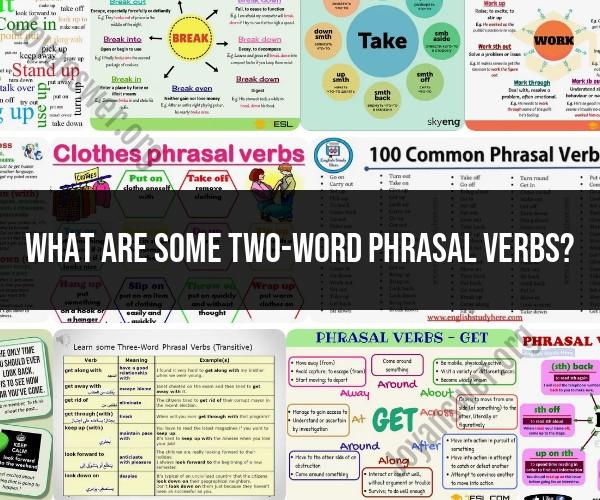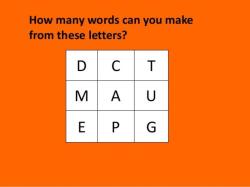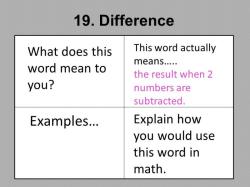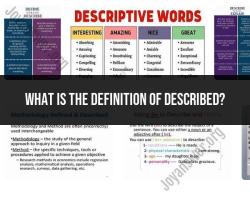What are some two-word phrasal verbs?
Two-word phrasal verbs are common language constructions that consist of a verb followed by one or more particles, typically prepositions or adverbs. These combinations often have unique meanings that may not be entirely predictable based on the individual words. Here are some examples of two-word phrasal verbs:
Break up: To end a romantic relationship.
- Example: They decided to break up after many years of dating.
Call off: To cancel or terminate something.
- Example: They had to call off the picnic due to bad weather.
Look after: To take care of or watch over someone or something.
- Example: She looks after her younger siblings when her parents are at work.
Turn on: To activate or start a device or appliance.
- Example: Please turn on the lights; it's getting dark in here.
Pick up: To collect or gather something or someone.
- Example: I'll pick up the groceries on my way home.
Give in: To yield or surrender, often after a struggle or argument.
- Example: He finally gave in and agreed to the compromise.
Get by: To manage or survive, often with limited resources.
- Example: Despite financial difficulties, they managed to get by.
Run out: To deplete or exhaust the supply of something.
- Example: We've run out of milk; we need to buy more.
Bring up: To raise or mention a topic in conversation.
- Example: She brought up the issue of sustainability during the meeting.
Take off: To remove clothing or depart quickly.
- Example: He took off his coat before entering the warm house.
Hold on: To wait or maintain one's position.
- Example: Hold on a moment; I'll be right back with your order.
Look up: To search for information in a reference source or online.
- Example: You can look up word definitions in a dictionary.
Set up: To arrange or establish something, such as a meeting or a system.
- Example: They set up a meeting to discuss the project.
Show up: To arrive or appear, often unexpectedly.
- Example: He didn't show up for the party, which surprised everyone.
Turn off: To deactivate or stop the operation of a device.
- Example: Don't forget to turn off the lights before leaving.
These are just a few examples of two-word phrasal verbs in English. Phrasal verbs are a common feature of the language and can have various meanings depending on the context. Learning and understanding these constructions is essential for effective communication in English.
Exploring Two-Word Phrasal Verbs: Examples and Usage
Two-word phrasal verbs are a type of verb that is made up of two words. The first word is a verb and the second word is a particle. Particles can be prepositions, adverbs, or nouns.
Two-word phrasal verbs are very common in English and can be used to express a wide range of meanings. For example, the phrasal verb "get up" means to stand up or to wake up. The phrasal verb "put on" means to dress in or to turn on.
Here are some more examples of two-word phrasal verbs:
- Look up: to find information in a book or dictionary
- Turn up: to arrive at a place
- Give up: to stop trying
- Take off: to remove something
- Fall down: to drop or to collapse
- Run out of: to have no more of something
- Look forward to: to be excited about something that is going to happen
- Put up with: to tolerate something that is unpleasant
Building Vocabulary: Common Two-Word Phrasal Verbs
Learning common two-word phrasal verbs is a great way to build your vocabulary and improve your English skills. Two-word phrasal verbs can be used in both spoken and written English, and they can make your language more interesting and expressive.
Here are some of the most common two-word phrasal verbs in English:
- break down: to stop working
- break up: to end a relationship
- call back: to return a phone call
- call off: to cancel an event
- carry on: to continue doing something
- check in: to register at a hotel or other place
- check out: to leave a hotel or other place
- come across: to find something by chance
- come back: to return
- come up with: to think of an idea
- cut down: to reduce the amount of something
- deal with: to handle a problem or situation
- figure out: to understand something
Enhancing Language Proficiency with Two-Word Phrasal Verbs
Using two-word phrasal verbs in your English can make your language sound more natural and fluent. It can also help you to express your ideas more precisely.
Here are some tips for using two-word phrasal verbs effectively:
- Use them in the correct context. Make sure that you understand the meaning of the phrasal verb and that you are using it in the correct way.
- Use them in a variety of ways. Two-word phrasal verbs can be used in both formal and informal English. Try to use them in a variety of ways to make your language more interesting and expressive.
- Be aware of their nuances. Some two-word phrasal verbs have multiple meanings. Be aware of the different meanings of a phrasal verb before you use it.
By following these tips, you can enhance your language proficiency with two-word phrasal verbs.













